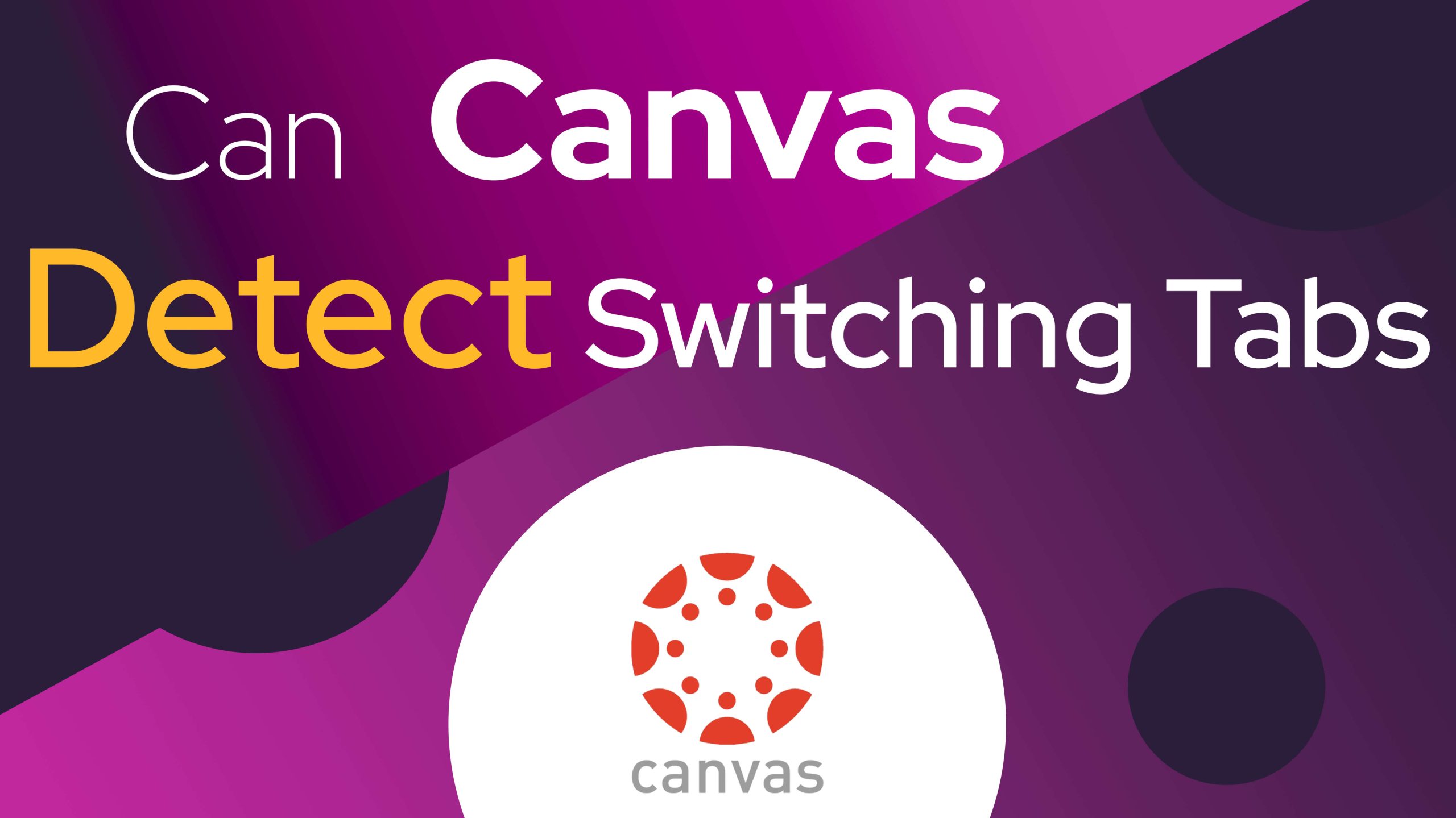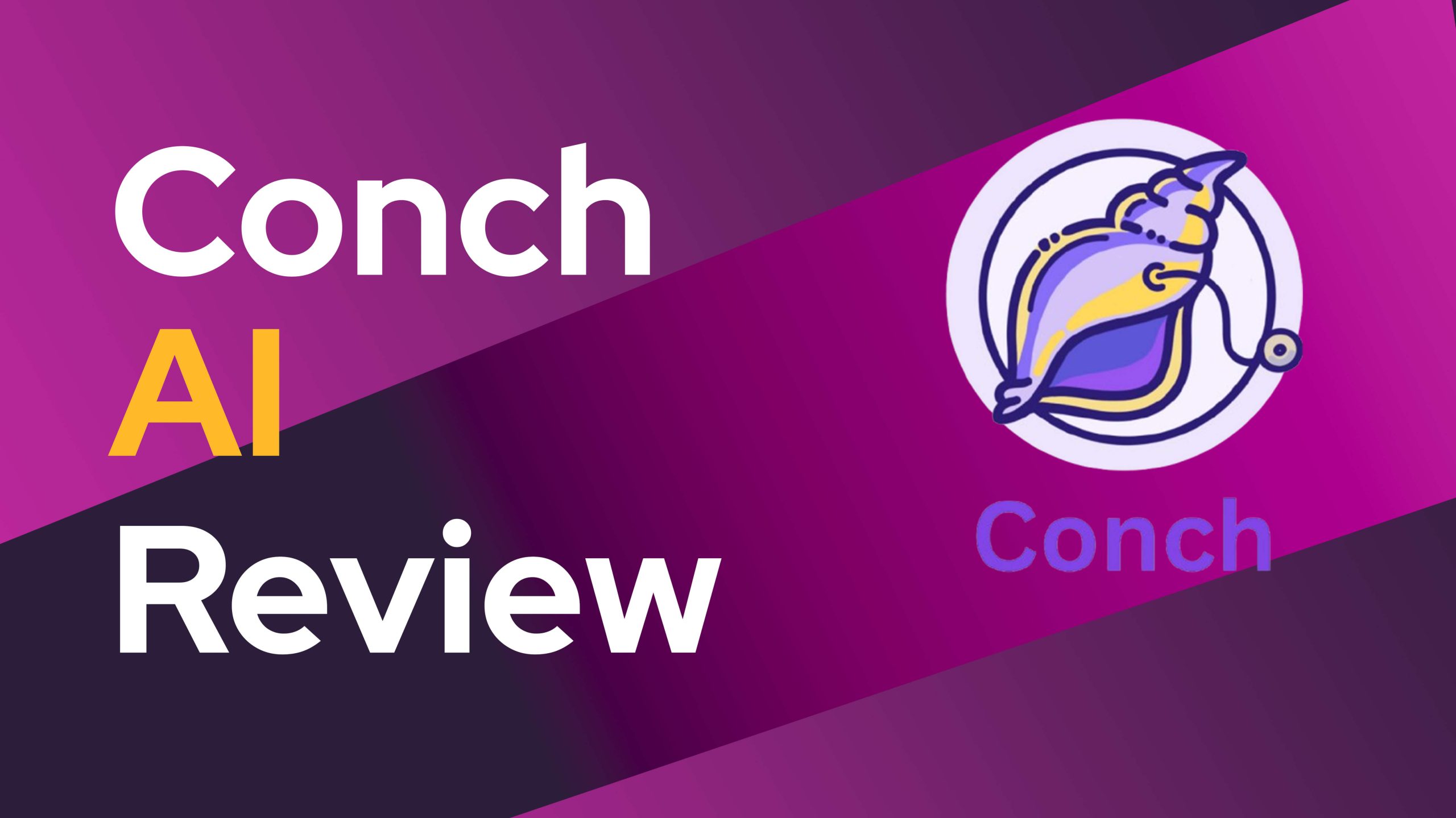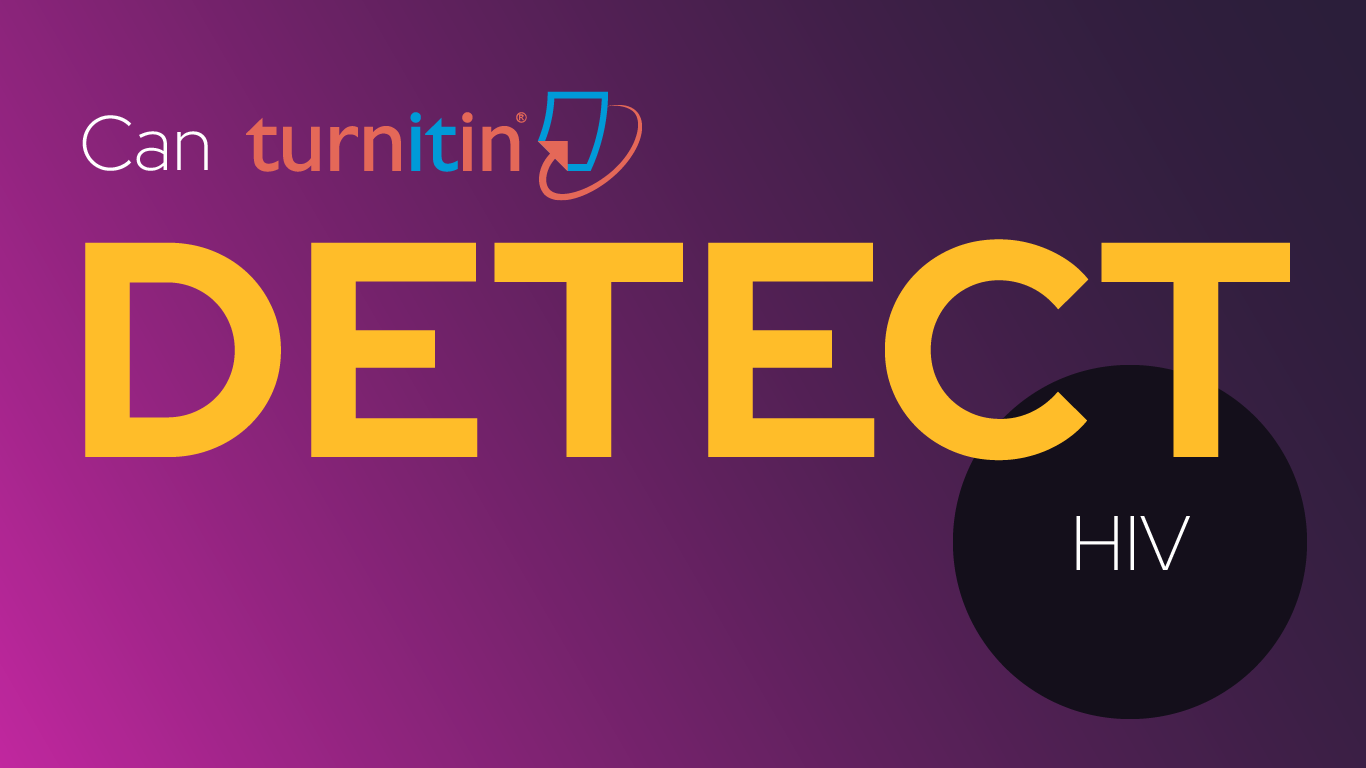AI vs SEO Writers: Can Robots Really Rank on Google?
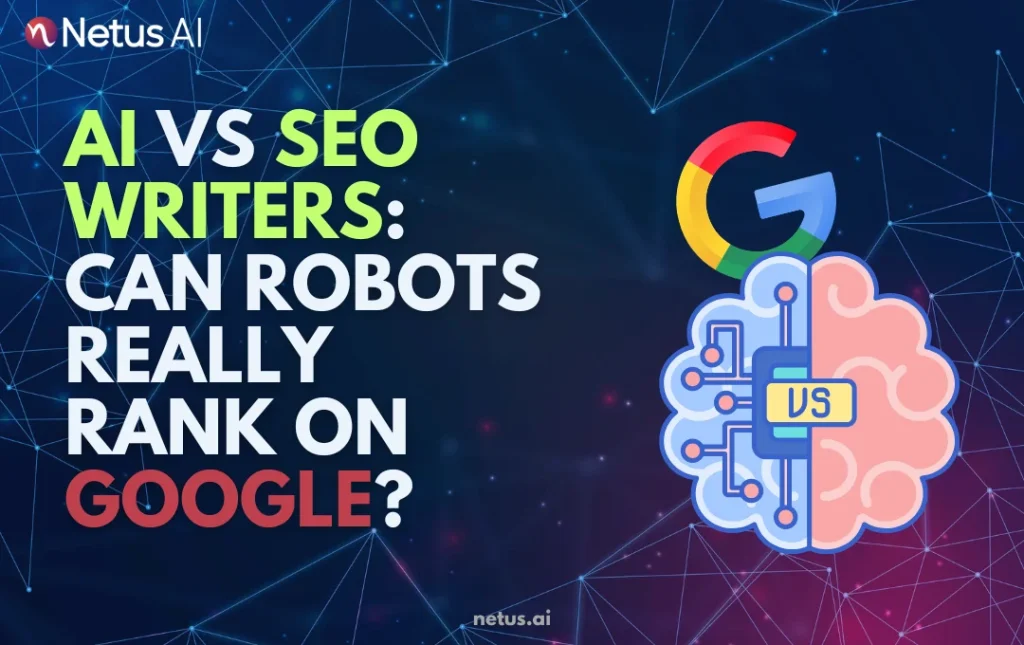
AI writing tools are flooding content pipelines and promising to revolutionize how we create for the web. From solo bloggers to enterprise marketing teams, everyone is experimenting with AI-generated content in a bid to rank faster, cheaper and at scale.
The initial perception was euphoric: “AI will replace human writers overnight.” Tools claimed they could churn out perfectly optimized, Google-topping articles in minutes, no expertise, no effort, just instant SEO gold.
But reality has tempered the hype. As the dust settles, a fierce debate is raging: Can AI content truly compete with skilled human SEO writers? Can it earn top spots in Google’s fiercely competitive SERPs or does it inevitably lead to generic, soulless text that algorithms penalize?
Google’s stance adds fuel to the fire. While the search giant insists its focus is on “helpful, reliable, people-first content” (regardless of origin), its algorithms increasingly reward Experience, Expertise, Authoritativeness and Trust (E-E-A-T), qualities inherently tied to human insight and authenticity. Early adopters report mixed results: some AI content ranks surprisingly well for low-competition queries, while others face indexing issues or fail to engage readers.
The SEO Content Creation Earthquake
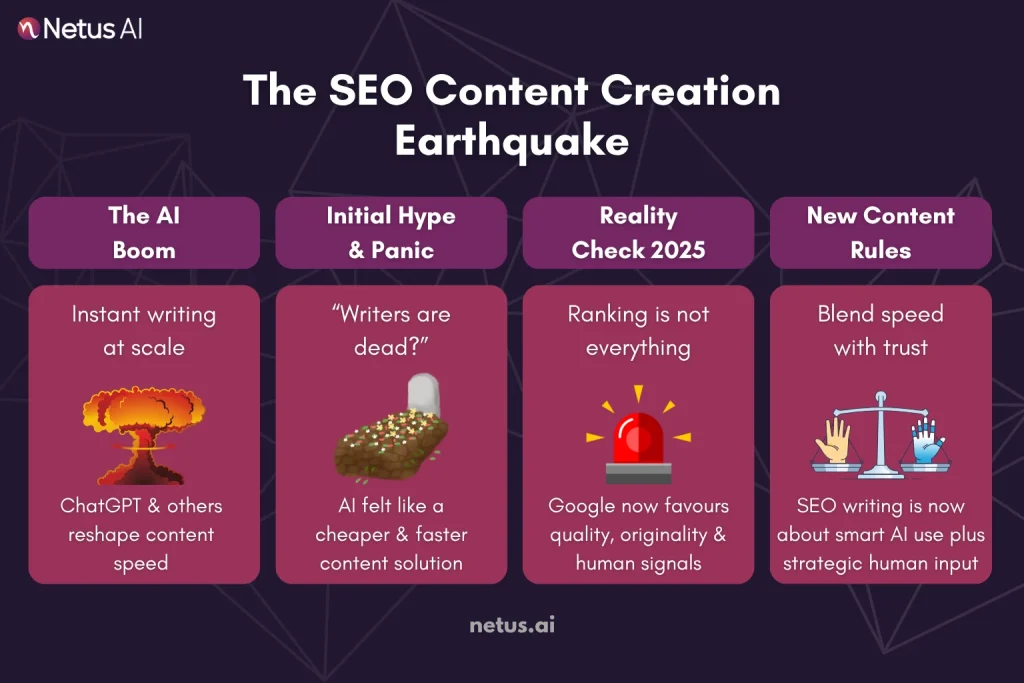
The ground has shifted. AI writing tools like ChatGPT, Jasper and countless others didn’t just enter the scene; they exploded onto it. Suddenly, anyone could produce vast quantities of text on virtually any topic, instantly. For businesses drowning in content demands and budget constraints, it felt like a lifeline.
The Allure:
- Unmatched Speed & Scale: Need 50 product descriptions by lunchtime? AI’s got you. A 2,000-word blog post draft in 10 minutes? Done. This volume was previously unimaginable without massive teams or budgets.
- Cost Efficiency: Generating basic drafts costs a fraction of a human writer’s fee. Tempting, right?
- Idea Generation & Overcoming Blocks: Staring at a blank page? AI can spit out outlines, headlines and introductory paragraphs to kickstart the process.
The Initial Panic (and Misconceptions):
Many predicted the swift demise of the human SEO content writer. “Why hire writers when robots can do it cheaper and faster?” became a common refrain. Early experiments saw some purely AI-generated content ranking, fueling the fire.
Decoding Google's 2025 Playbook: How the Algorithm Judges Content
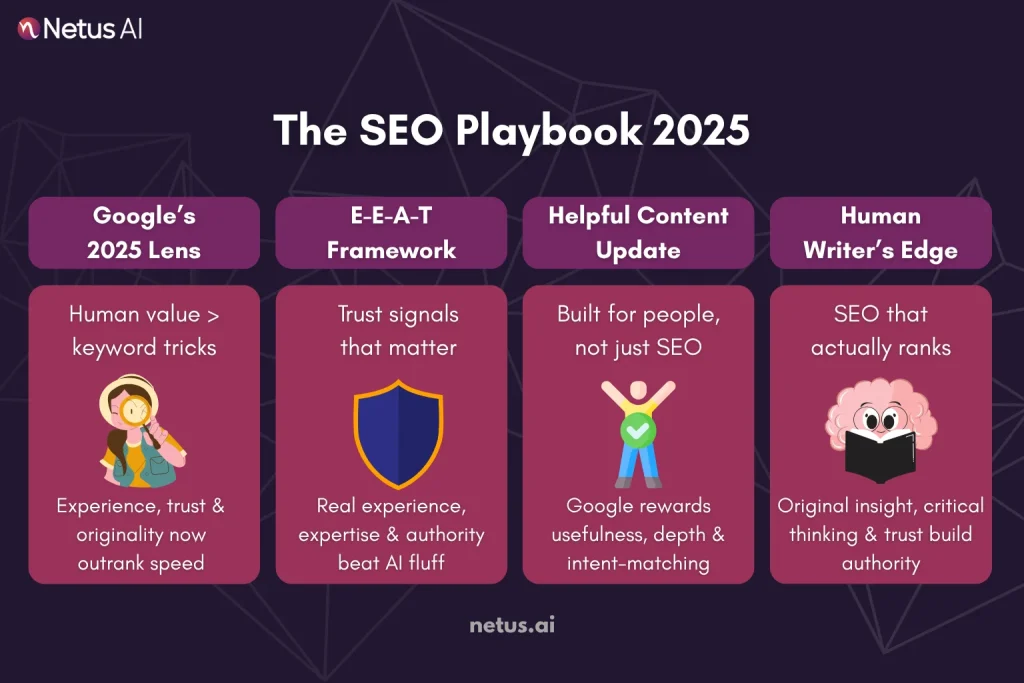
Forget simplistic keyword density metrics. Google’s evaluation of content is a multi-layered, nuanced process laser-focused on one thing: serving the best possible experience to the human searcher. Two frameworks dominate:
1. E-E-A-T: The North Star (Experience, Expertise, Authoritativeness, Trustworthiness)
This isn’t new, but its importance has skyrocketed, becoming the primary shield against low-quality AI spam. Google wants content that demonstrates:
- Experience: Does the creator have first-hand, real-world experience with the topic? (Think: a seasoned chef writing about knife skills vs. generic cooking tips). This is incredibly hard for AI to fake convincingly.
- Expertise: Does the content show deep, accurate knowledge? Does it correctly explain complex concepts, cite credible sources and avoid factual errors? AI can aggregate information, but true expertise involves synthesis, critical thinking and judgment it lacks.
- Authoritativeness: Is the website/author a recognized, credible source on this specific topic? This is built over time through backlinks, citations and consistent quality, not generated overnight by AI.
- Trustworthiness: Is the content accurate, transparent (e.g., about affiliations, AI use?), secure and free from deception? Hallucinations (AI making things up) and lack of transparency are major red flags.
2. The Helpful Content System: Value is King
This Google update specifically targets content created primarily for search engines rather than people. Its core principle: Is this content genuinely helpful, original and created to satisfy a user’s need? Key signals include:
- People-First Focus: Was the content created for humans, with real insight and value or just churned out to match keywords?
- Originality & Depth: Does it offer unique perspectives, analysis or information not easily found elsewhere? Does it provide comprehensive coverage? AI often rehashes existing content without adding true novelty.
- Satisfying User Intent: Does it fully answer the searcher’s underlying question or solve their problem? AI can miss nuanced intent.
- Avoiding SEO-Only Tactics: Is it free from excessive automation, keyword stuffing and other manipulative practices solely aimed at ranking?
What This Means for the "AI vs SEO Writers" Battle:
Google’s systems are increasingly adept at identifying content that lacks genuine E-E-A-T and isn’t fundamentally “helpful.” While a purely AI-generated article might initially rank for a low-competition query if it technically matches keywords, it faces significant hurdles:
- Difficulty Demonstrating Real E-E-A-T: AI has no experience. Its “expertise” is derivative. Establishing authoritativeness and trust requires human curation and reputation-building over time.
- Risk of Genericness & Lack of Original Insight: AI synthesizes patterns; it doesn’t have unique thoughts or groundbreaking analysis. Content can feel surface-level or repetitive.
- Vulnerability to Hallucinations & Errors: Factual inaccuracies destroy trust and violate E-E-A-T principles. Rigorous human fact-checking is non-negotiable.
- Potential “Synthetic Content” Detection: While Google doesn’t explicitly penalize all AI content, there’s strong evidence its algorithms are getting better at identifying patterns common in machine-generated text (stylometry, predictability, lack of true depth).
The Scorecard: Where AI Dominates & Where It Crashes and Burns
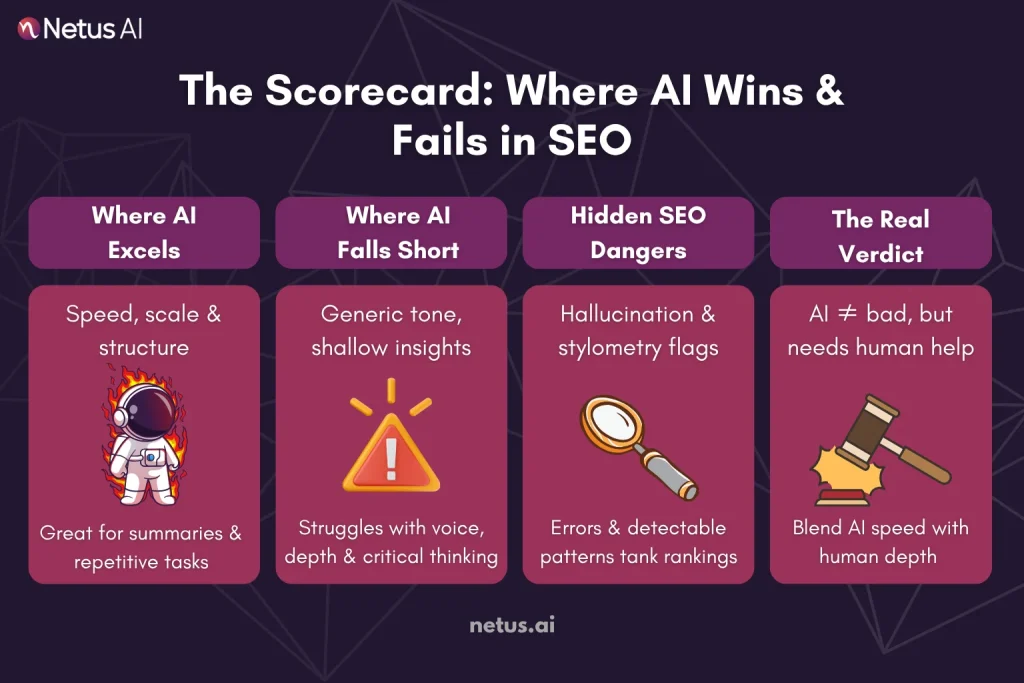
Let’s be fair. AI isn’t inherently “bad.” Used strategically, it’s a powerful tool. But understanding its strengths and critical weaknesses is essential for anyone considering its role in their SEO strategy.
Where AI Wins (The Undeniable Advantages):
- Raw Speed & Unmatched Scale: This is AI’s superpower. Generating first drafts, outlines, lists, basic product descriptions or variations of existing content at lightning speed is transformative. Need 100 meta descriptions? AI can do it in minutes. Drastically reduces time-to-first-draft and handles high-volume, lower-complexity tasks efficiently.
- Idea Generation & Overcoming Blocks: Stuck on headlines or angles? Feed a prompt to an AI and get dozens of options instantly. It’s excellent for brainstorming sessions and getting past creative paralysis. Fuels the ideation pipeline and sparks new directions.
- Basic Research Summarization: Give AI a complex report or article and it can quickly extract key points and summarize them coherently. Accelerates the initial research phase.
- Handling Repetitive, Formulaic Content: Think simple FAQ answers, basic category page descriptions or templated social posts. AI excels at filling in predictable structures. Frees human writers for more strategic, high-value work.
Where AI Fails (The Critical Limitations):
- The Generic Tone & Bland Voice Problem: AI often produces competent but soulless text. It struggles to capture a unique brand voice, genuine wit or authentic emotion. Content can feel formulaic and forgettable. Bland content fails to engage users, increasing bounce rates and sending negative signals to Google. It doesn’t build a memorable brand.
- Shallow Insights & Lack of True Depth: AI predicts the next word based on patterns; it doesn’t understand concepts deeply or offer genuine critical analysis. Content often skims the surface, lacking the unique insights, original research or expert perspective that builds authority (EEAT!). Fails to satisfy users seeking comprehensive answers, leading to poor engagement metrics and inability to compete against deeper, human-crafted content. Google prioritizes helpful depth.
- The Hallucination Hazard: AI confidently states falsehoods, fabricates sources and misrepresents facts. This isn’t a bug; it’s inherent to how large language models work. Factual errors destroy credibility (Trustworthiness – the ‘T’ in EEAT). Getting caught publishing inaccurate AI content damages your site’s reputation and can lead to penalties or loss of ranking. *Rigorous human fact-checking is 100% mandatory, negating much of the speed benefit.
- Stylometry Traces & “Synthetic Fingerprints”: While constantly evolving, AI-generated text can sometimes exhibit subtle patterns detectable by sophisticated algorithms (and even perceptive humans): unnatural phrasing, excessive predictability, lack of true stylistic variation or specific syntactic quirks. If Google’s classifiers flag content as primarily AI-generated and lacking strong EEAT signals, it may be deprioritized in favor of content demonstrating clear human expertise and originality. Relying on humanizers adds cost and complexity.
- Missing Nuance & Strategic Intent: AI struggles with highly nuanced topics, sarcasm, culturally specific context and aligning content perfectly with complex business goals or sophisticated audience segments. It often misses the deeper “why” behind a search. Content that misreads intent or lacks strategic alignment fails to convert or satisfy users, harming engagement and conversion metrics Google considers.
Content Starts at Generation: NetusAI’s SEO Article Writer and Content Generator
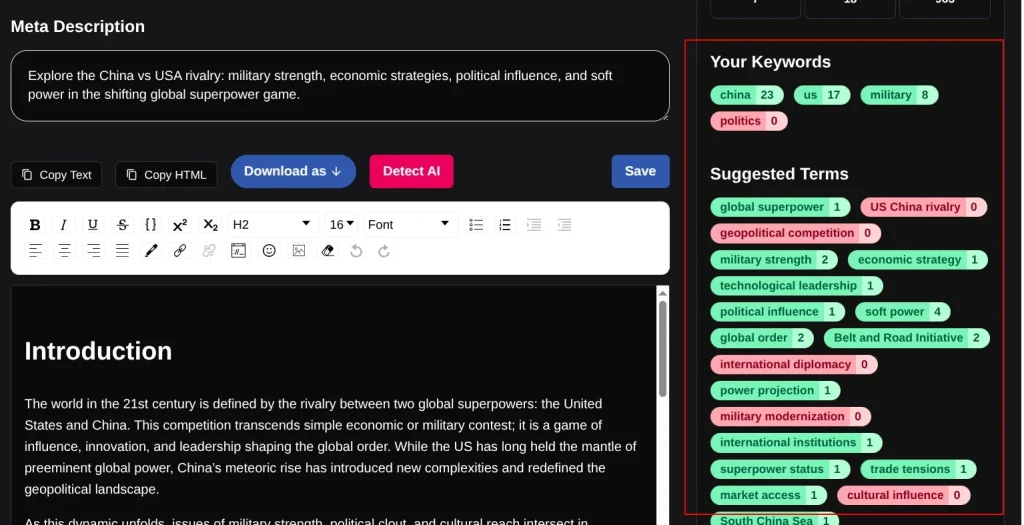
Avoiding stylometry and detection issues shouldn’t begin after content is written, it should start with the writing itself. That’s where NetusAI steps in.
Unlike generic AI tools that churn out robotic, easily flagged paragraphs, The NetusAI SEO Article Generator is designed to help you create full-length blog posts that are already optimized for clarity, tone and search intent. Unlike generic tools, it goes beyond simple drafting. It:
- Lets you input headlines and targeted SEO keywords
- Supports long-form templates for full blogs
- Auto-generates a structure with Title → Outline → Content
- Works in multiple languages for global teams
And most importantly: it ties directly into the Netus AI Bypasser + Detector system, meaning your output isn’t just readable, it’s already tuned to avoid detection.
You can generate, review and rewrite all in one interface without needing third-party tools to patch the gaps. It’s built for marketers, freelancers and bloggers who want their AI content to actually pass as human-written.
Content Generator
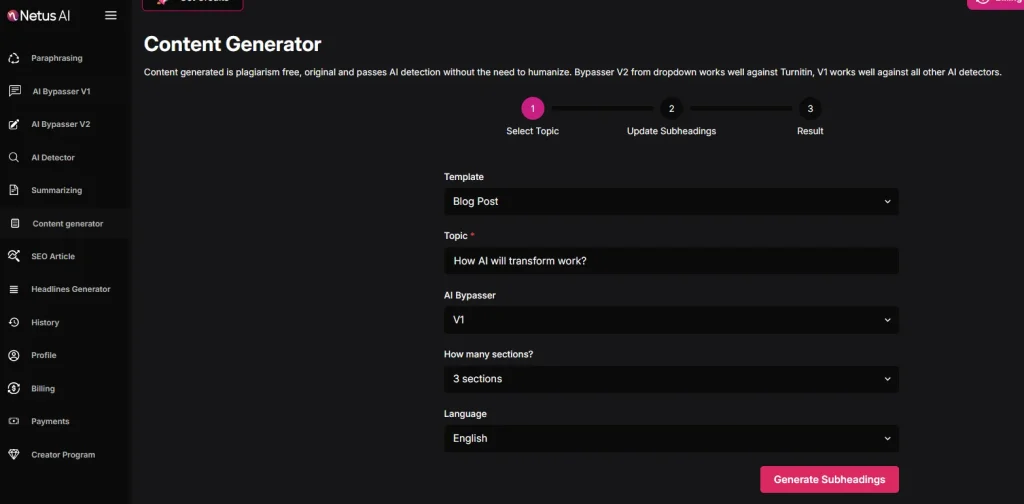
NetusAI also offers a Content Generator. Following the simple steps as shown on the user-friendly NetusAI page, Plagiarism Free Content will be generated from the beginning. The result generated can be downloaded and copied directly as well. Users can easily view their results as they will be stored in the history tab.
So whether you’re starting from scratch or turning an idea into a full SEO article, NetusAI saves you time and rewrites, without sacrificing trust or quality.
Final Thoughts
Becoming an SEO writer isn’t about choosing between AI or human creativity, it’s about mastering both. The days of stuffing keywords and checking boxes are over. What matters now is how useful, credible and people-first your content is. AI will help you move faster, brainstorm, outline and build drafts. But it can’t replace your strategic brain, your empathy for your audience or your ability to write with purpose, clarity and trust.
And if you’re using tools like NetusAI: Start at generation. Don’t wait until after the draft to fix tone, structure and detection issues. With NetusAI’s integrated SEO article writer + bypasser engine, you can create long-form blog posts that rank and read, like human-written content from the start.
FAQs
No, it’s reshaping the role. AI speeds up writing and research, but human SEO writers bring strategic insight, emotional nuance and brand voice, things machines still can’t replicate effectively.
Only if it’s edited and optimized properly. Raw AI output often lacks EEAT signals. Content that combines AI assistance plus human oversight and refinement has the best chance of ranking.
Critical thinking, SERP analysis, EEAT understanding, prompt engineering and the ability to collaborate with AI tools while maintaining originality and trustworthiness.
Study Google’s Search Quality Evaluator Guidelines, practice writing around search intent and experiment with tools like NetusAI’s SEO Article Generator to get faster while staying human.
Absolutely, but they now expect more. You need to think beyond words: strategy, structure, brand alignment and performance matter just as much as grammar or clarity.
Yes, but you’ll need to humanize the content. Tools like NetusAI offer built-in bypassing, rewrites and detectors to help you edit until your content is safe and authentic.
Not just blog posts! SEO writers now handle pillar pages, product copy, FAQs, scripts, landing pages, newsletters and even SEO-optimized video outlines. The field is more dynamic than ever.

